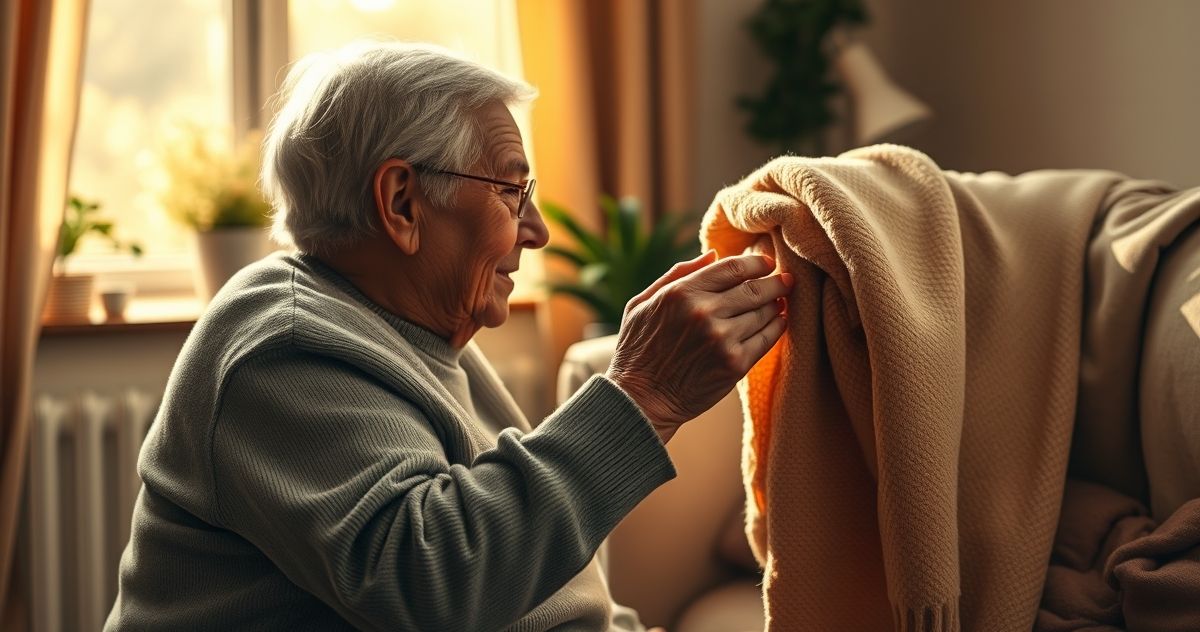Did you know that many doctors might not be following the wishes of their advanced cancer patients? It sounds pretty shocking, right? You’d think that when someone is facing the end of their life, especially with something as serious as advanced cancer, their comfort would be the absolute top priority. But a recent study suggests that’s not always the case. Many patients simply want to be made as comfortable as possible. They want to wind down their final days with dignity and peace. Yet, they often receive treatments that focus on extending their lives, even when those treatments cause more pain and offer little hope for a cure.
When Comfort Takes a Back Seat
Think about it. When a person is living with advanced cancer, they’ve likely been through so much already. Surgeries, radiation, chemotherapy – a whole laundry list of tough medical interventions. For many, there comes a point where adding more aggressive treatments doesn’t improve their quality of life. In fact, it can make things much worse. They might spend their last precious weeks or months in a hospital bed, dealing with side effects, rather than at home, surrounded by loved ones, doing the things they still enjoy. This isn’t about giving up hope. It’s about shifting focus. It’s about recognizing that sometimes, the best care is about easing suffering, not fighting an unwinnable battle.
I remember hearing about Eleanor, a woman in her late seventies. She loved her rose garden more than anything. When her doctors told her her advanced lung cancer was no longer curable, she told them clearly: she wanted to go home. She wanted to spend her remaining time watching her roses bloom, sharing stories with her grandchildren, and feeling the sunshine. But her medical team kept pushing for another round of aggressive chemo, saying it *might* extend her life by a few weeks. Her family, hopeful, encouraged it too. Eleanor felt guilty saying no. She went through the treatments, which made her incredibly sick. She was too weak to walk around her garden. She spent her days nauseous and tired, often alone in her hospital room. By the time the doctors finally agreed to palliative care, she was too frail to enjoy her home. Her daughter, Sarah, always regretted not speaking up sooner, not demanding that her mom’s wishes for comfort were respected above all else. It’s a tough lesson to learn.
Why the Gap Between Wishes and Reality?
So, why does this happen? It’s not usually because doctors are bad people. They’re trained to save lives, to fight disease. That’s their primary mission. Shifting gears from “cure” to “comfort” can be really challenging for them. There’s also the pressure from families who might not be ready to let go, holding onto any sliver of hope, no matter how small. And let’s be honest, talking about death and dying is incredibly uncomfortable for everyone involved. It’s easier to talk about “fighting” and “treatment options” than to discuss what a peaceful, dignified end looks like. Plus, our healthcare system is often geared towards aggressive interventions, not necessarily holistic comfort care.
Here’s what many patients with advanced cancer often prioritize:
* Effective pain and symptom management: Relief from discomfort is usually number one.
* Maintaining a sense of control: Being able to make choices about their own care.
* Quality of life over quantity: Enjoying the time they have left, rather than just extending it.
* Spending meaningful time with loved ones: Creating lasting memories.
* Preserving dignity and respect: Being treated as a person, not just a diagnosis.
Finding Your Voice: Advocating for End-of-Life Care
This issue highlights something crucial: the power of patient advocacy. If you, or someone you love, is facing advanced cancer, it’s vital to have these conversations early and clearly. Talk to your doctors, your family, and any trusted caregivers. Don’t be afraid to ask direct questions about what different treatment paths really mean for quality of life. Ask about palliative care – what it involves and when it can start. You have the right to choose comfort. You have the right to define what a “good” end to life looks like for you. Getting these wishes down in writing, through an advance directive or living will, can make a huge difference. It gives your family and medical team a clear roadmap of your desires, taking the pressure off them during an emotional time.
Ultimately, this isn’t just a medical problem; it’s a human one. It’s about ensuring compassion and respect guide our most difficult decisions. We need to empower patients to speak their truth and ensure our healthcare system supports those choices. What steps do you think we, as a society, can take to make sure patients’ wishes are truly heard and respected in their final days?












